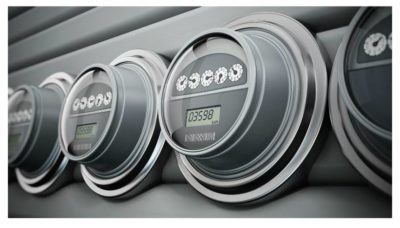Reasons behind 33% anticipated increase in winter energy bills
December 19, 2018
The Consumer Energy Alliance has issued a new report predicting a 33% increase in energy bills if the 2019 winter season reaches 10% colder than last year’s.
The report ‘2018/2019 Winter Forecast: High Heating Bills for the Northeast’ forecasts households in New York and New England to pay on average an extra $585 for energy used for heating.
Consumers in the region paid $263 more for electric heating and an additional $179 for natural gas than the national average last winter.
In addition, the failure regulatory authorities to approve the expansion of pipeline infrastructure will result in shortages in natural gas supply, thereby a spike in energy costs.
Other key highlights from the report include:
- Natural gas storage inventory levels were at their lowest level since 2005 heading into this winter season. They were also considerably lower than their five-year average.
- 2% of Northeastern homes use heating oil during winter months. Due to the instability of oil prices, EIA predicts these households could spend an average of $269 more this winter.
- Natural gas and electricity prices could increase by 16% and 9% over the agency’s base forecast.
- Last year, the Low Income Home Energy Assistance Programme assisted nearly 5.9 million households nationwide, including more than a million New York households and almost 361,000 New England households.
- National Energy Assistance Directors’ Association expects 8.9 million American households will qualify for assistance this winter.
- This winter nearly 400,000 New Yorkers will not have reliable home heating due to the on-going energy infrastructure needs at the NYC Housing Authority.
David Holt, president at CEA, urges policymakers to take action and heed the warnings about the severe lack of pipeline capacity in the Northeast.
“While the growth in US energy production has certainly helped utilities prepare for high-energy demand days during the winter months, it is unfortunate that state policymakers continue to block the development of pipeline infrastructure needed to deliver critical energy supplies that would ensure families are warm this winter.
“One thing is certain: The region needs more dependable, affordable energy. This is evident from witnessing both LNG shipments being imported from Russia into New England and how the Boston metro area had the highest natural gas prices in the industrialised world last winter, despite the United States leading role as the world’s largest producer. It’s time for policymakers who have stood in the way of approving modernized infrastructure for the past several years to get serious about the burden facing New England energy consumers.”
To see the report, click here.
From Smart Energy


